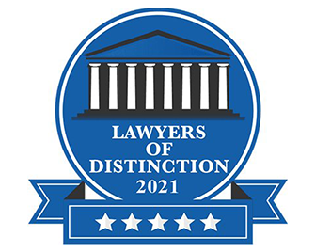When Greenbelt residents think of an estate plan, they may naturally assume it is something reserved for the wealthy, or people who are financially well off. That is simply not true. The truth is that everyone can benefit from setting up an estate plan.
Changes in life are common to everyone, regardless of financial circumstances. Our jobs, relationships and family situations are bound to go through many changes throughout our lives, and this means that our goals and priorities are likely going to keep changing over time.
Estate planning is not just a will
Many people think estate planning means having a will, but there is much more involved. A will determines who will receive your assets and property after you pass away, but there are other major items that you should be considering, such as who is going to make health or medical decisions for you if you become sick or incapacitated.
A comprehensive estate plan may include not only a will, but life insurance, an advanced medical directive, a pet trust, power of attorney, various types of trusts or even a pre-nuptial agreement. Not all these documents require you to have money or assets, rather, they clearly spell out exactly what your wishes are in certain situations.
Don’t forget about beneficiaries
Choosing and updating beneficiaries are an important consideration when thinking about an estate plan. Even if your estate is small compared to others, you likely still have some assets such as family heirlooms or other valuables that you would prefer to go certain people, so who you select as a beneficiary is extremely important.
If you already have a will, trust or other piece of an estate plan with beneficiaries set up, it is a good idea to review it regularly to make any desired changes to your designated beneficiaries. Relationships with those close to us change over time, and the reality is that 10 years ago you may have wanted your old family photo albums to go to someone that you are no longer close to.
Developing a complete estate plan may seem overwhelming, but it does not have to be. A trusted legal professional can provide guidance through each stage of the process.





